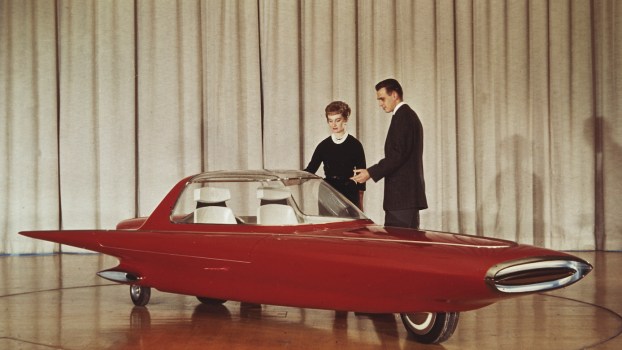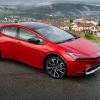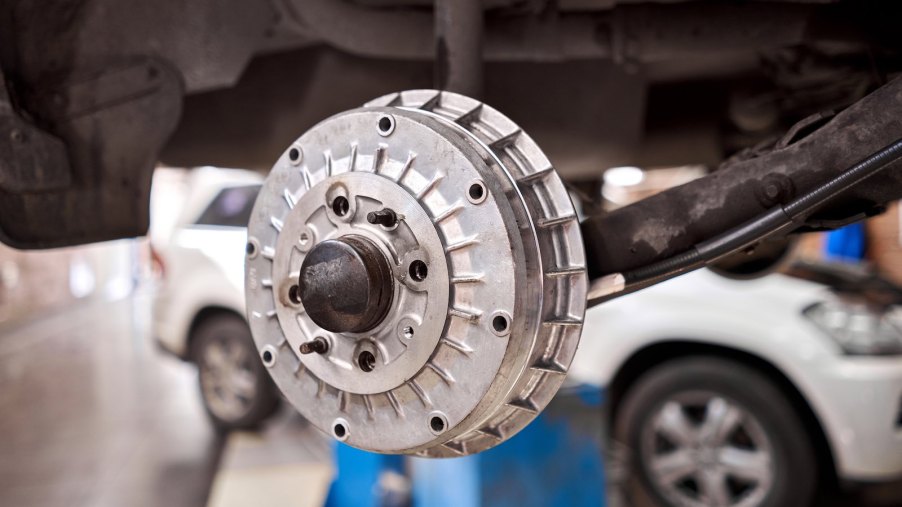
This $57k EV Comes With Drum Brakes For an Unexpected Reason
You can spend $56,935 on an Volkswagen ID.4 AWD Pro S Plus. That’s a lot of moolah, even for an EV. So it might shock you to hear that it comes with basic drum brakes in the rear. But the truth is that drum brakes may make more sense then discs for EVs.
I’m used to disc brakes being the premium option, while drum brakes are limited to outdated or especially cheap vehicles. But disc brakes have some major shortcomings in the electric era, and we may actually see a return to drums.
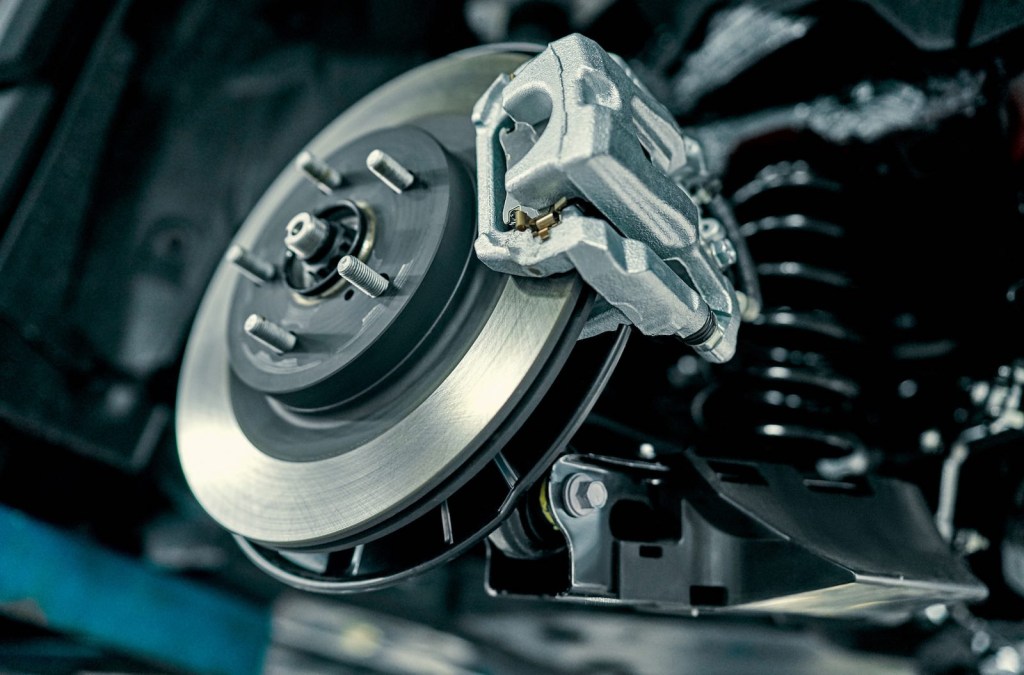
First of all, brake discs are exposed to the elements so they can rust rapidly if not used daily. But many EV drivers are dialing up their regenerative braking level to “maximum.” This results in “one pedal” driving: when they press the accelerator the car moves forward, and when they take their foot off the pedal the electric drive unit goes into generator mode and stops the vehicle. In this setting, you’d only use your traditional hydraulic brakes during an emergency.
If you have disc brakes, and haven’t used them in days, a dangerous amount of rust may build up on the discs. During an emergency stop, the brake pads must first grind all that rust down, and then they begin to slow the car. That’s downright dangerous.
It appears that Volkswagen’s solution is to bring back rear drum brakes on the ID.4. Drums shield the braking surfaces from the elements. Sure, they can rust a bit. But overall they’ll be better preserved. That way, you’ll have at least some of your brakes working immediately during an emergency.
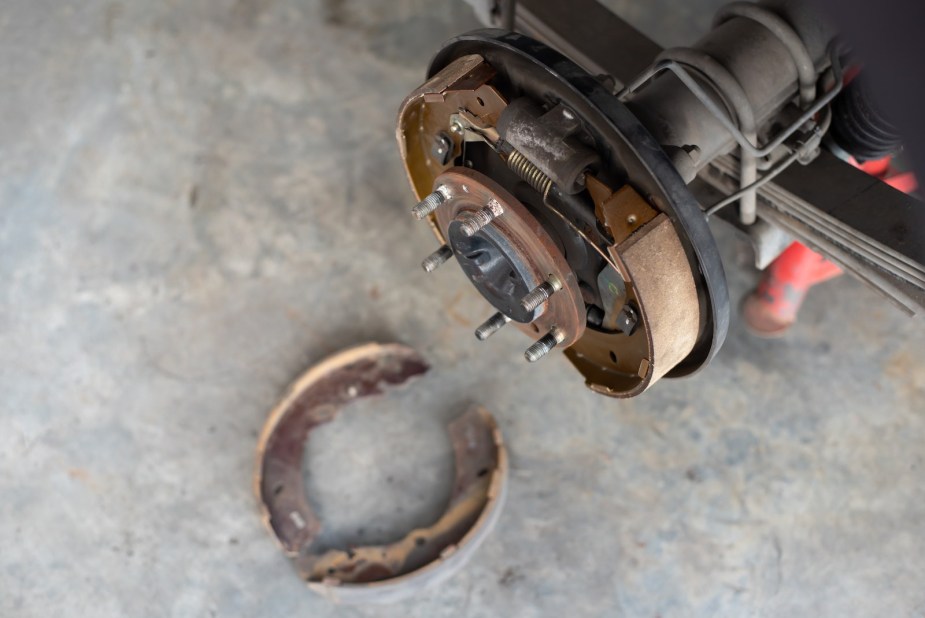
There are some other reason that drum brakes may be the future. They make a parking brake much easier to include. And with EVs, the parking brake may be one of the main uses of the traditional brakes.
Drum brakes are also still cheaper to build, and they mean that the automaker doesn’t need to buy a standalone parking brake assembly. These may prove a good way to offset the high battery costs that are driving up EV MSRPs. Volkswagen even claims that the shoes in its ID.4 drum brakes will last for the vehicle’s entire lifetime. Consider how rarely EVs use their traditional brakes, this is probably true. And this will reduce the cost per mile of operating the car.
Finally, disc brakes shed brake dust as their pads wear down. Drum brake shoes doe wear out, and thus they do turn to dust. But much of this dust is contained inside the brake drum. A shop trying not to release it into the environment can vacuum it up as they service the brakes. Today, brake dust is not the EPA’s biggest battle. But once EVs are widespread, chemicals such as this may become more of an issue. You could make an argument that drum brakes are more environmentally friendly. And for this reason alone, they truly could be the brake of the future.
Learn more about the comeback of drum brakes for EVs in the video below:

